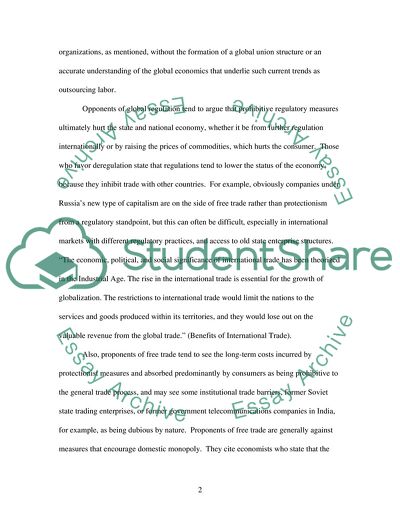Cite this document
(The Rapid Globalisation of Trade Essay Example | Topics and Well Written Essays - 1500 words - 28, n.d.)
The Rapid Globalisation of Trade Essay Example | Topics and Well Written Essays - 1500 words - 28. https://studentshare.org/finance-accounting/1734968-essay
The Rapid Globalisation of Trade Essay Example | Topics and Well Written Essays - 1500 words - 28. https://studentshare.org/finance-accounting/1734968-essay
(The Rapid Globalisation of Trade Essay Example | Topics and Well Written Essays - 1500 Words - 28)
The Rapid Globalisation of Trade Essay Example | Topics and Well Written Essays - 1500 Words - 28. https://studentshare.org/finance-accounting/1734968-essay.
The Rapid Globalisation of Trade Essay Example | Topics and Well Written Essays - 1500 Words - 28. https://studentshare.org/finance-accounting/1734968-essay.
“The Rapid Globalisation of Trade Essay Example | Topics and Well Written Essays - 1500 Words - 28”. https://studentshare.org/finance-accounting/1734968-essay.


